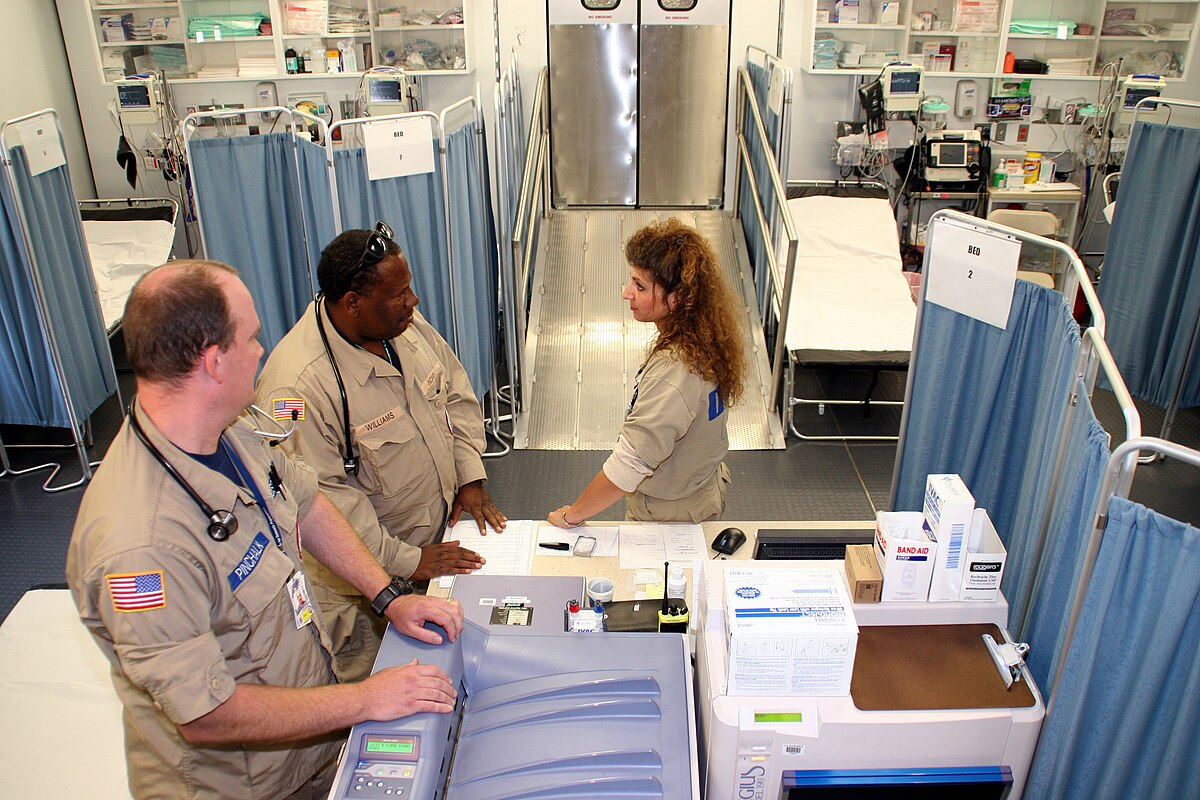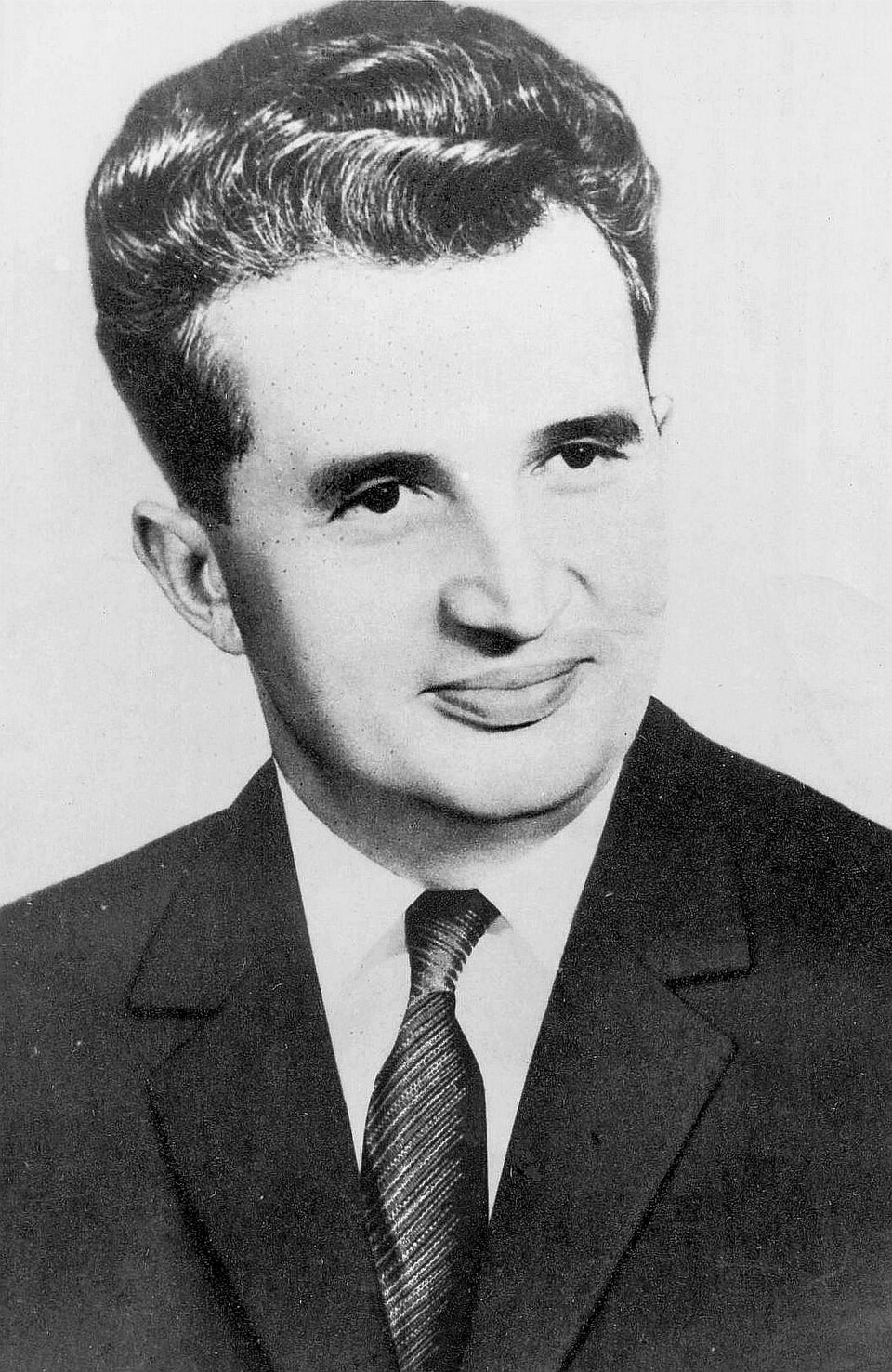
According to the U.S. Census Bureau, low-income Americans are among the hardest hit by the COVID-19 pandemic. This includes the working poor, individuals who spend more than 27 weeks per year in the paid labor force and fall below the poverty line, which is $25,750 for a family of four and $12,490 for an individual. Without steady work, these individuals are at risk for experiencing not just relative poverty, a subjective level at which an individual or family experiences a deprived lifestyle, but even absolute poverty, a threshold in which an individual does not have enough resources to meet their basic survival needs. The perilousness of this situation has led to talk about whether a Universal Basic Income (UBI) is in order.
A Universal Basic Income essentially involves members of the society receiving a set amount of money from the government each month. This concept is not new, and over the years, it has been touted by Reverend Martin Luther King, presidential candidate Andrew Yang, and Tesla founder Elon Musk, to name a few. Countries like Kenya, Iran, and Finland have all tried versions of Universal Basic Income with varying degrees of success. In the United States, Alaska and Stockton, CA, have implemented a cash transfer program that can be interpreted as a form of UBI. Supporters of Universal Basic Income have recently argued that the one — or possibly two times — stimulus checks the American government sent out ostensibly to help financially float citizens and the economy during pandemic lockdown is, in fact, a type of UBI. Taking it a step further, House Democrats have introduced The Emergency Money for the People Act, offering select households $2000 a month for six months as the coronavirus pandemic rages on. Whether you support UBI or not, it is worth asking what the heightened interest in Universal Basic Income says about the American Dream in the age of COVID-19.

The American Dream, a commonly held belief in the U.S. suggesting that anyone can overcome obstacles and get ahead in life through hard work and determination, has actually been on life support for a long time. Inequalities of class, race, gender, and education have meant that the effort to achieve the American dream was a nightmare for many. Still, many were willing to fight the good fight and strive for the dream. The dream of having a small business, even though it means working long hours and still not being rich. The dream of having a college education even though you might have a lifetime of student debt. The dream of being equal in the face of rampant racism and sexism. COVID-19 has stopped society and many dreams in their tracks, with no clear way of moving forward without some serious help. For many, the pandemic has highlighted the extent of the American wealth gap, the uneven distribution of financial assets and resources in a society that results from the concentration of money in the hands of a small segment of the population. The setbacks of the pandemic will only exacerbate the wealth gap and, for many, make the American dream just that much further out of reach.
Thompson is a co-owner of UITAC Publishing. UITAC’s mission is to provide high-quality, affordable, and socially responsible online course materials.
Images used in this blog:
- Photo by Ferdinand Herndler is licensed on Pixabay. This image has not been altered.
- “Dream Big, Work Hard Label on Black Background” by Ann H is licensed on Pexels. This image has not been altered.




